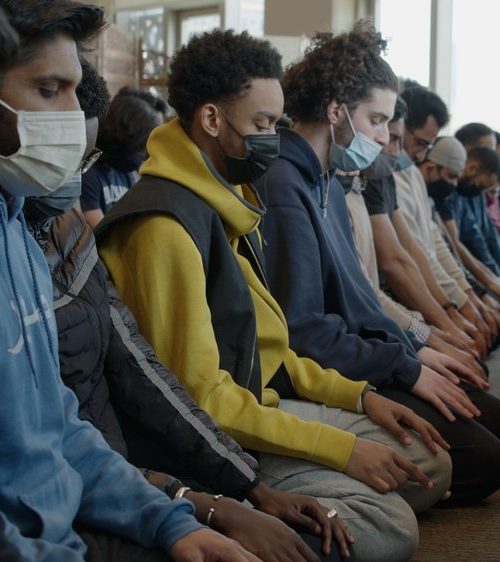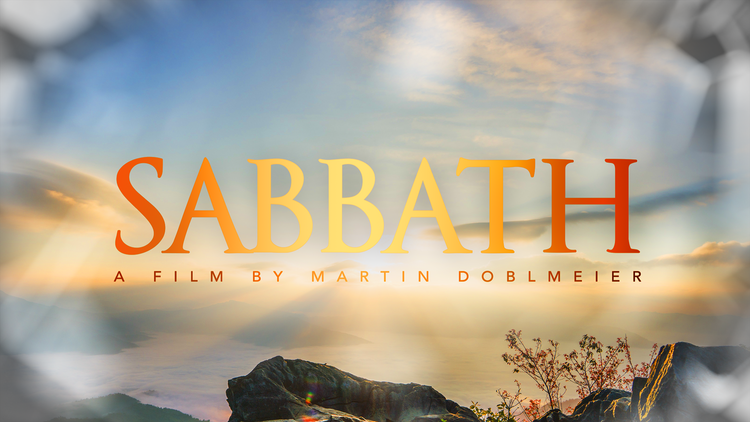The Genesis accounts of creation tell us that in the beginning God separated light from darkness, earth from the seas, and then from nothing created all forms of life – including woman and man. On the seventh day God, looking over all creation and seeing it was good, blessed it, and then rested.
From those earliest Biblical accounts up to our present day we have struggled to understand what it actually means to “rest.” And now, in our 24/7, nonstop culture, rest seems more important and elusive than ever.
The idea of rest was one of the themes we set out to explore in a new 2-hour documentary film SABBATH, a look at how this ancient practice remains a gift to our modern world. The multi-faith film, which profiles a wide array of stories and congregations, and includes some of the leading writers in the field, begins airing nationwide on PBS stations June 1.
The topic of Sabbath offers fertile ground for serious and fruitful interfaith dialogue because it touches at the core of so many deeply held traditions.
More than three thousand years ago Sabbath – or Shabbat – changed the world. It was a Commandment that mandated rest for all – rich and poor, human and animal. For practicing Jews, the 39 Laws of Melachot set the guidelines for what activities were forbidden on Shabbat and so doing codified the importance and structure of rest. Those laws, which are still practiced in some form by millions today, forbid cooking, washing, and writing. But they also include planting, plowing, harvesting, reaping and threshing, all activities a farmer would practice.
Today the vast majority of us no longer make our livelihood through farming so we are left to interpret what rest means in a contemporary context. How can we push back against a culture that demands our presence around the clock, where commercial competition seems never ending. How do we enact what the Christian Biblical scholar Walter Brueggemann calls “Sabbath as Resistance.”
One form of resistance we discovered is a growing movement many call a “tech Sabbath.” Both the religious and the secular are putting down their cell phones and computers for a 24-hour period as a way to withdraw from the frantic, chaotic pace of life, a pace that in large part we created.
Yet a tech Sabbath was only one dimension of rest we encountered, and the more we traveled and joined communities of worship the more the idea of Sabbath rest became both fascinating and expansive.
In the heart of downtown Los Angeles is Our Lady Queen of Angeles Catholic Church. Because of its proximity to the historic city plaza, the congregation is known with affection as La Placita – the little plaza.
La Placita is an anchor church for Hispanic Catholics where every weekend eight Masses are celebrated in Spanish and as many as 60 infants and children are baptized with pageantry and song. Many who attend are undocumented, recently immigrated from Mexico or El Salvador.
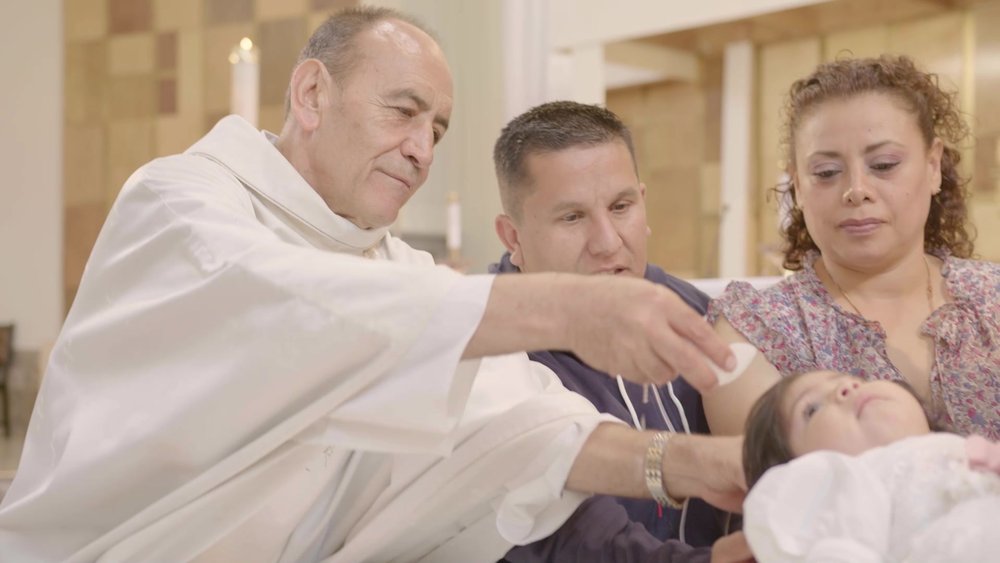
In the church courtyard, people linger after services for food and conversation that often turns to the challenges of finding work or raising children in a culture fraught with dangers. Many at La Placita take to heart the Biblical stories of the Hebrews because they too have their own real-life experiences of fleeing oppression, crossing the desert and finding sanctuary in a strange land. Sabbath at La Placita offers sanctuary, and sanctuary has always been a most welcomed form of rest.
In 2021 we released the documentary “SPIRITUAL AUDACITY: The Abraham Joshua Heschel Story.” Rabbi Heschel was a prolific writer and friend to Civil Rights icon Martin Luther King, Jr., who invited Heschel to join him on the front lines for the historic March in Selma. Many consider Heschel’s book, “The Sabbath” (1951) a defining text on the subject of our film.
Heschel was a champion for Civil Rights, an outspoken advocate to end the war in Vietnam, and a defender of Soviet Jews. Yet Heschel’s daughter, Susannah, remembers growing up in their Orthodox household and despite her father’s passion for justice, on Shabbat there was never any talk of politics, the Vietnam War or even the Holocaust. “It was not appropriate to talk of such things on Shabbat,” she remembers. “It is forbidden to be sad on Shabbat.” It’s an important lesson for all of us mired 24/7 in the culture wars that our souls hunger for a day of calm.
Sabbath is not only for humanity but our earth benefits from rest as well. Just off the campus of Princeton Theological Seminary in Princeton, NJ, is a small yet notable agricultural experiment called The Farminary.
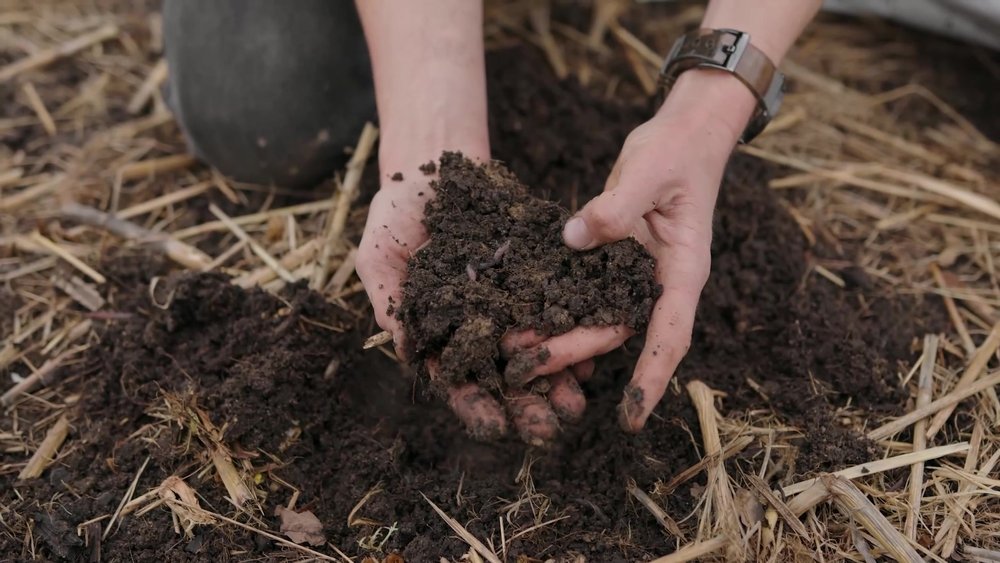
At this 21-acre farm the next generation of pastors and church leaders learn the rudimentary skills of farming under the guidance of Nathan Stucky, a Mennonite farmer and theologian. Stucky’s book, “Wrestling with Rest,” offers the roadmap for teaching care of the earth informed by Sabbath practices.
“We find ourselves living in the context of an exhausted world, a world that bears the wounds of extraction, exploitation and alienation,” Stucky tells his students. “One of the things we have been painfully slow to recognize is that our exhaustion and the exhaustion of the broader creation are two sides of the same coin. The creation is exhausted because we just don’t know how to stop.”
Sabbath rest is only possible when we are able to achieve a certain level of trust. Stopping work for an entire day means we trust our coworkers will not exploit the opportunity to advance themselves while we take our day off. Sabbath challenges us to trust handing the world back over to God and for that one day it will survive without our continued intervention. And wasn’t that the divine plan from the outset? Sabbath is an ancient practice, but the wisdom behind it proves to be both universal and eternal.
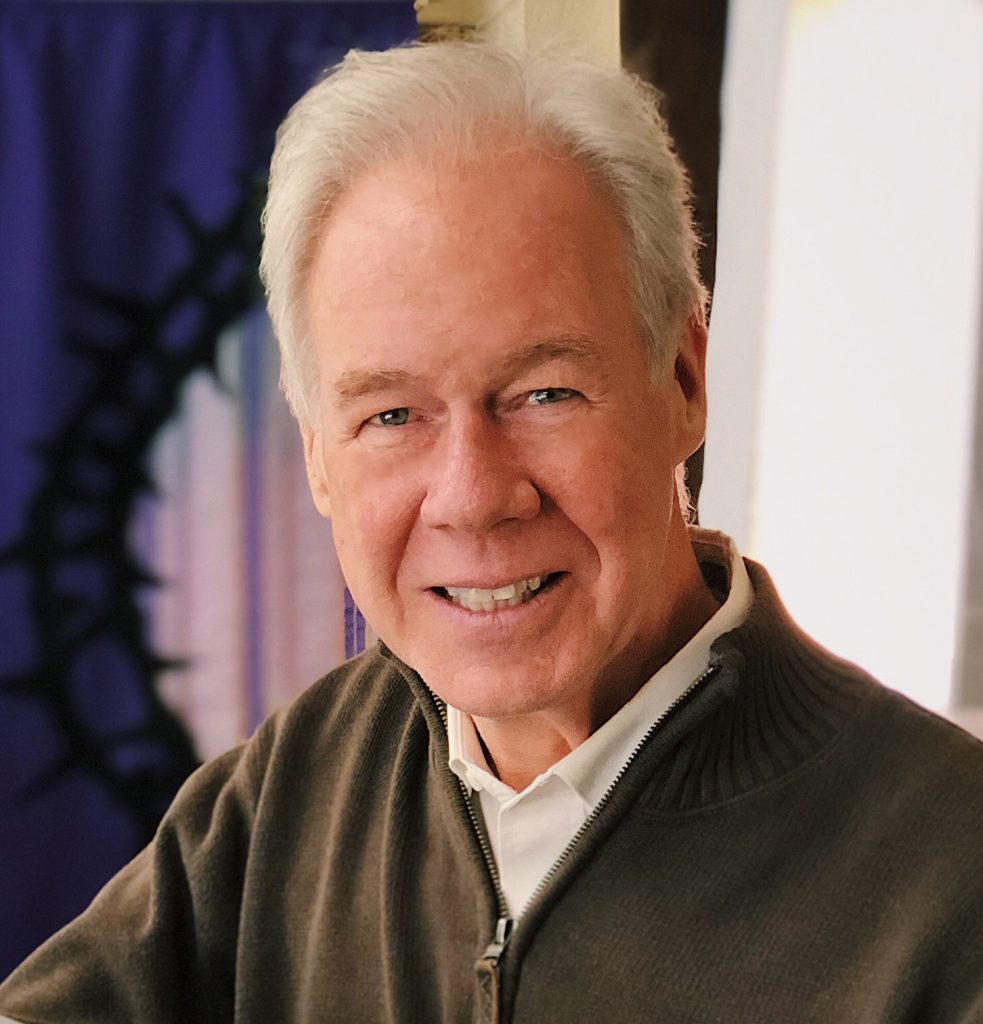
Martin Doblmeier is the founder and president of Journey Films in Alexandria, VA. Since 1985 he has produced 35 feature documentary films on topics of religion, faith and spirituality. His work has appeared primarily on PBS but also on ABC, NBC, CBS, and in more than 20 countries. He has three regional Emmy Awards, three honorary degrees in Fine Arts and numerous honors. His films include BONHOEFFER, The Power of Forgiveness and biographies on Howard Thurman, Dorothy Day, Reinhold Niebuhr and Abraham Joshua Heschel.
To find additional educational resources including study and retreat guides, visit the Sabbath film’s site.
